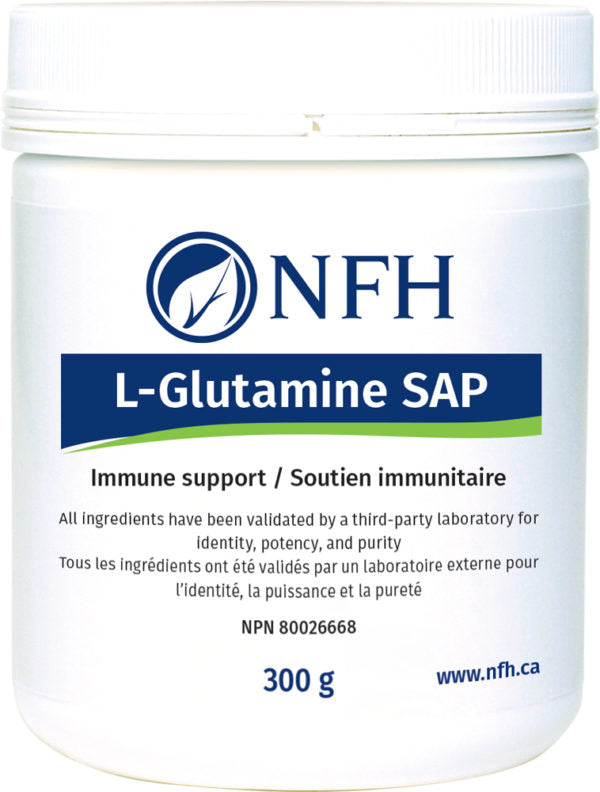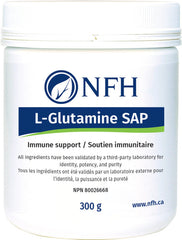



L-Glutamine SAP
- 59.99$
0.00$- 59.99$
- Unit price
- per
Description
x- Amino Acids for Gastrointestinal and Immune Health (Science-Based)
L-glutamine is the most abundant amino acid in the human body. Glutamine is metabolized in the small intestine and serves as an important fuel source for the intestinal mucosa.
Glutamine plays an important protective role in the intestinal tract and is crucial for patients with increased permeability of the intestinal system, which can be observed in patients with inflammatory bowel diseases, including Crohn's disease or ulcerative colitis, as well as in irritable bowel syndrome and allergies.
This amino acid plays an important role in nutrient metabolism, the immune system, protein turnover and acid-base balance.
In infections, severe burns, cancers, and certain other conditions, intracellular and extracellular glutamine concentrations are significantly reduced. This suggests that glutamine supplementation may play an important role in the body's ability to recover from illness.
Glutamine has also been studied for use in patients after gastric surgery and may act as a motility recovery agent after gastrectomy. Patients treated for cancer often suffer from malnutrition and cachexia, which can be improved by glutamine supplementation.
Produits recommandés
Produits récemment consultés
- Choosing a selection results in a full page refresh.



